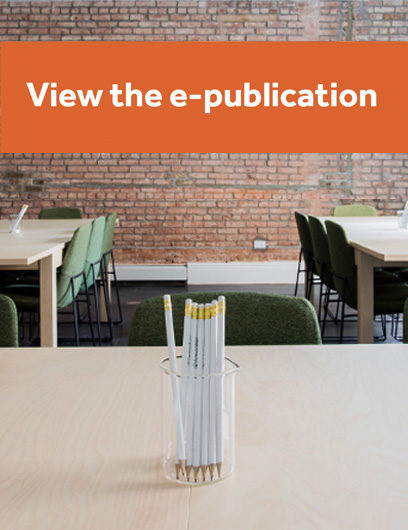Turning innovation into district-wide impact
One of education’s evergreen questions is how to ensure good ideas and innovations translate to impactful change, especially for students historically marginalized in education systems. This case study looks at two leading methodologies for turning innovation into institution-wide impact – implementation science and improvement science – through the experience of Baltimore City Public Schools.
Over the last five years, City Schools has applied lessons from both implementation and improvement science – both formally and informally – in its use of math and English Language Arts curricula. The district is among the nation’s 50 largest, with one of the highest shares of students who are Black, Latino, or experiencing poverty. Although it is still early, the district is seeing encouraging improvements and “larger jumps in test scores than many school systems in the state” (Bowie 2020).
Weaving the practices together for transformation
Baltimore City Public Schools’ experience with implementation and improvement science illustrates four lessons for how the practices can serve complementary purposes that together drive district-wide transformative change:
- Cultural emphases: Implementation benefits from a demand for urgent, large change; improvement, a commitment to ongoing, evolutionary change.
- Team structures: Cross-district coherence is vital whether defining roles for implementation or integrating improvement into existing roles.
- Timing: Staggering the introduction of implementation and improvement science can maximize the impact of each approach.
- External partners: Communicative and coherent partnerships are key to getting the most out of improvement and implementation science.
Learn more
Do you have any questions about the report’s background, content, or implications for your own work? Please reach out. We’d love to help.
